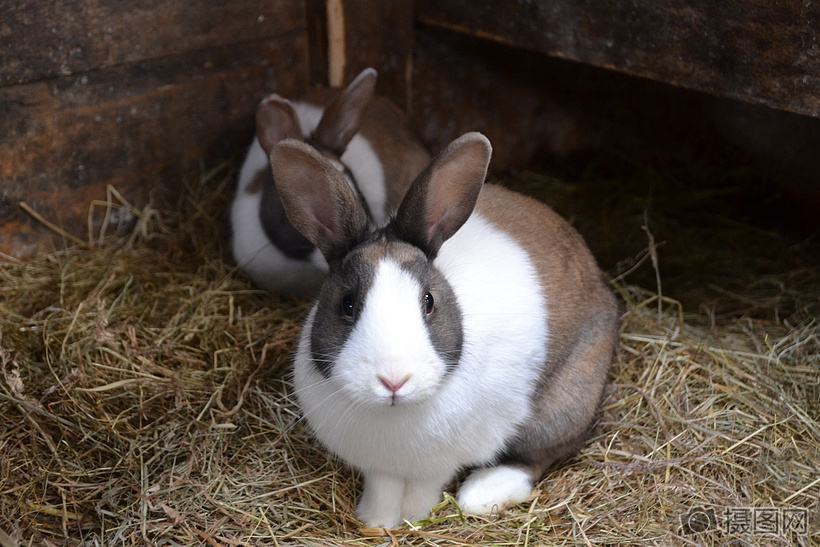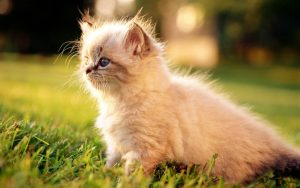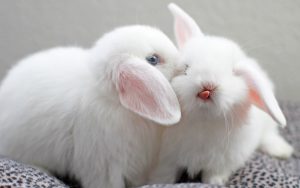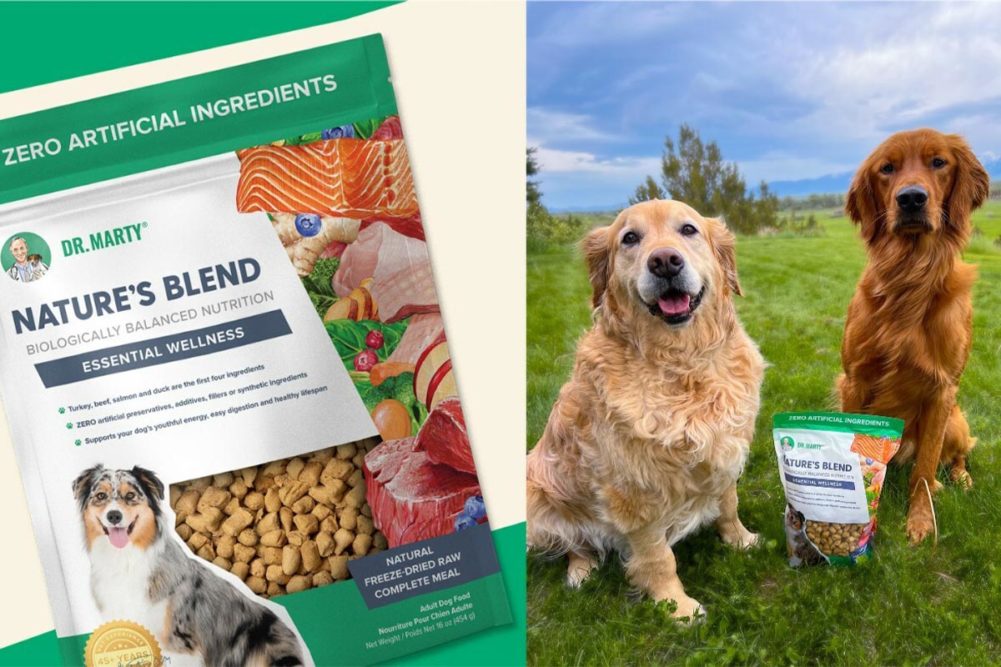There are many factors that can cause diarrhea, whether it is a cold or a bad stomach or a disease problem, which may lead to the occurrence of this problem. We must pay enough attention to rabbit diarrhea, no matter what the problem is, we must check it as soon as possible and take corresponding measures.
- Rabbit wind-cold diarrhea
Wind-cold diarrhea is mainly caused by improper management and uneven temperature, which causes the rabbit to experience wind-cold exogenously. Rabbits suffer from lack of energy, abdominal flatulence, and loud bowel sounds. Arched waist sneezing, runny nose, feces like mud, smell sour. Chills in ears and limbs, loss of appetite. If the treatment is not timely, it will often cause cold blockage of the spleen and stomach, abdominal distention and diarrhea.
Treatment: Keep the temperature relatively stable. In winter and early spring, the rabbits should be prevented from getting cold and freezing. The young rabbit cages should be covered with sun-dried weeds and straw for cold protection and heat preservation. Suffered rabbits can take Huoxiangzhengqi water orally, 2-3 drops each time, and warm boiled water, twice a day; for severely ill rabbits, “Fufang Zhixie Powder” can be used for treatment, namely: Atractylodes, talc, etc. 12 grams, 10 grams each of Agaricus and Pulsatilla, 8 grams each of dried ginger and Poria, 6 grams each of licorice and Coptis chinensis. Decoction with water to make a concentrated medicinal liquid, add a little sugar and mix it with warm or oral administration. Each rabbit takes 15 ml each time, once a day, for 3-4 days.
- Indigestion diarrhea
Most of the young rabbits before and after weaning are mainly because the development and function of the digestive organs of the young rabbits are not perfect at this stage, lack of various enzymes for digesting feed, and the normal microbial flora in the digestive tract is not perfect, so the ability to digest nutrients is not complete. Poor, such as starting food too early and eating indigestible forage, resulting in indigestion and diarrhea. In addition, improper feeding and management, poor environmental sanitation, weather stress and other factors may lead to the occurrence of diarrhea.
The main symptoms of dyspepsia diarrhea in young rabbits are loss of appetite, lack of energy, normal or slightly low body temperature, and loose stools often mixed with a large number of undigested milk lumps and feed residues. Indigestion diarrhea for a long time can lead to weight loss, slow growth, imbalance of microbial flora in the digestive tract, proliferation of harmful bacteria, inhibiting the growth of beneficial bacteria, and infection by harmful bacteria such as Escherichia coli and Clostridium welchii. Sexual diarrhea.
Prevention: It is advisable for young rabbits to start eating at 16 to 20 days of age, eat less and more meals, and regularly and quantitatively supplement easily digestible feed; strengthen feeding management and pay attention to hygiene; Remain in original cage feeding to reduce stress. Add compound enzymes, yeast powder and other digestive aids to the feed of the young rabbits from the start of the meal to the weaning; add 0.1%-0.2% of the probiotics – ecotin to the drinking water.
Treatment of Rabbit Related Diarrhea
Rabbit feeding small meals and frequent meals
- Parasitic diarrhea
Diarrhea caused by parasitic infection is mainly rabbit coccidiosis (details), which is prone to occur in high temperature and high humidity environments. The sick rabbits had normal body temperature, decreased appetite or abstinence, depression, increased secretions from the eyes and nose, anemia, pale mucous membranes, frequent urination, and increased abdominal circumference. Enteric coccidiosis is mostly acute, and those who die quickly die suddenly without showing any symptoms. Slowly appear intractable diarrhea, bloody diarrhea, abdominal flatulence.
deal with:
- If sick rabbits are found, they should be isolated and treated in time
- When using anticoccidial drugs, it should be noted that the effect of some anticoccidial drugs has declined. Although long-term use still cannot achieve satisfactory results, multiple drugs should be used alternately.
- Coccidia does not have a pathogenic effect on adult rabbits, and the use of anticoccidial drugs for adult rabbits increases the cost of drug use; and adult rabbits have a larger feed intake than young rabbits, and are more sensitive to anticoccidial drugs than young rabbits. Anticoccidial poisoning occurred. So do not use anticoccidial drugs on adult rabbits.







